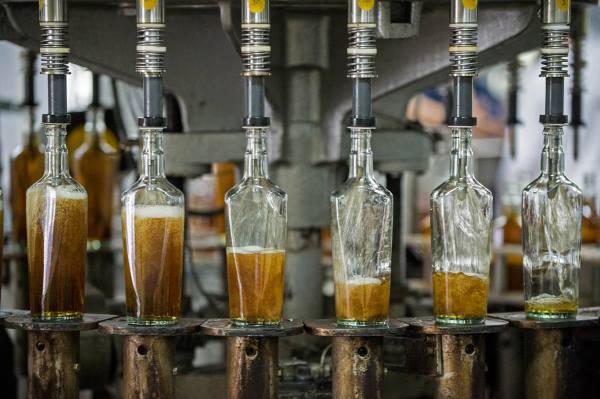Celebrating the Legacy of Venezuelan Rum: A Global Tribute
By Enrique Cheang, E.C.V. & Asociados

Every August 16th, around the world, the day of one of the oldest and most consumed spirits is celebrated: rum. Among the various rums that grace the global market, Venezuelan rum holds a prestigious place, recognized for its exceptional quality and distinctive characteristics. This celebration not only honors the spirit itself but also the unique heritage and craftsmanship that define Venezuelan rum.
Venezuelan rum is distinguished by its Protected Geographical Indication (GI), a certification that signifies the spirit’s origins and the special qualities attributable to its geographical area. This designation ensures that the rum is produced within a specific region in Venezuela, adhering to traditional methods and quality standards that reflect its unique heritage.
Specifications of Venezuelan Rum GI:
Granted: Resolution 798. Bulletin 459, November 04, 2003
Renewed: Resolution 161. Bulletin 596, August 28, 2019
Product: Rum
Beneficiaries: Rum Companies
Delimited Geographical Area:
States: Aragua, Lara, Miranda, Monagas, Sucre, Portuguesa, and Yaracuy
Internal Control Body: Civil Association Rum Promotion Fund of Venezuela (Fonpronven)
Venezuela’s rum production is a testament to its rich cultural and historical tapestry. The roots of Venezuelan rum trace back to the colonial era, with sugarcane cultivation being a primary economic activity since the 16th century. This long-standing tradition has allowed Venezuelan rum makers to refine their techniques over centuries, creating a spirit that is celebrated both nationally and internationally.
The quality and environmental characteristics of products bearing a Geographical Indication (GI) are a result of their origin from specific geographic areas, adherence to traditional cultivation methods, and compliance with rigorous quality standards. For Venezuelan rum, this certification not only signifies a commitment to maintaining these high standards but also facilitates access to international markets. This aligns with the economic policies of the Bolivarian Government, which aim to foster Venezuela’s comprehensive recovery and promote its rich cultural heritage globally.
